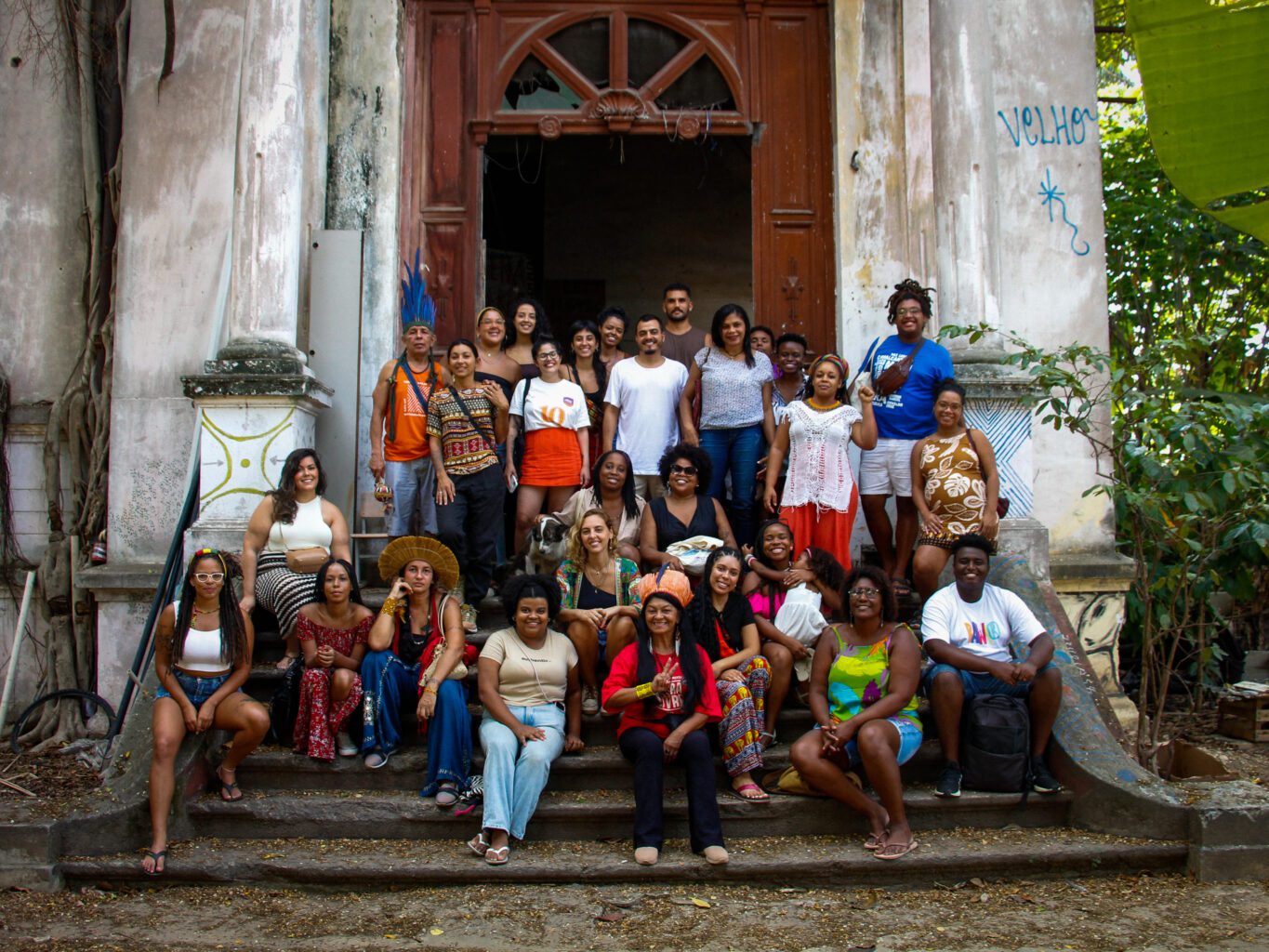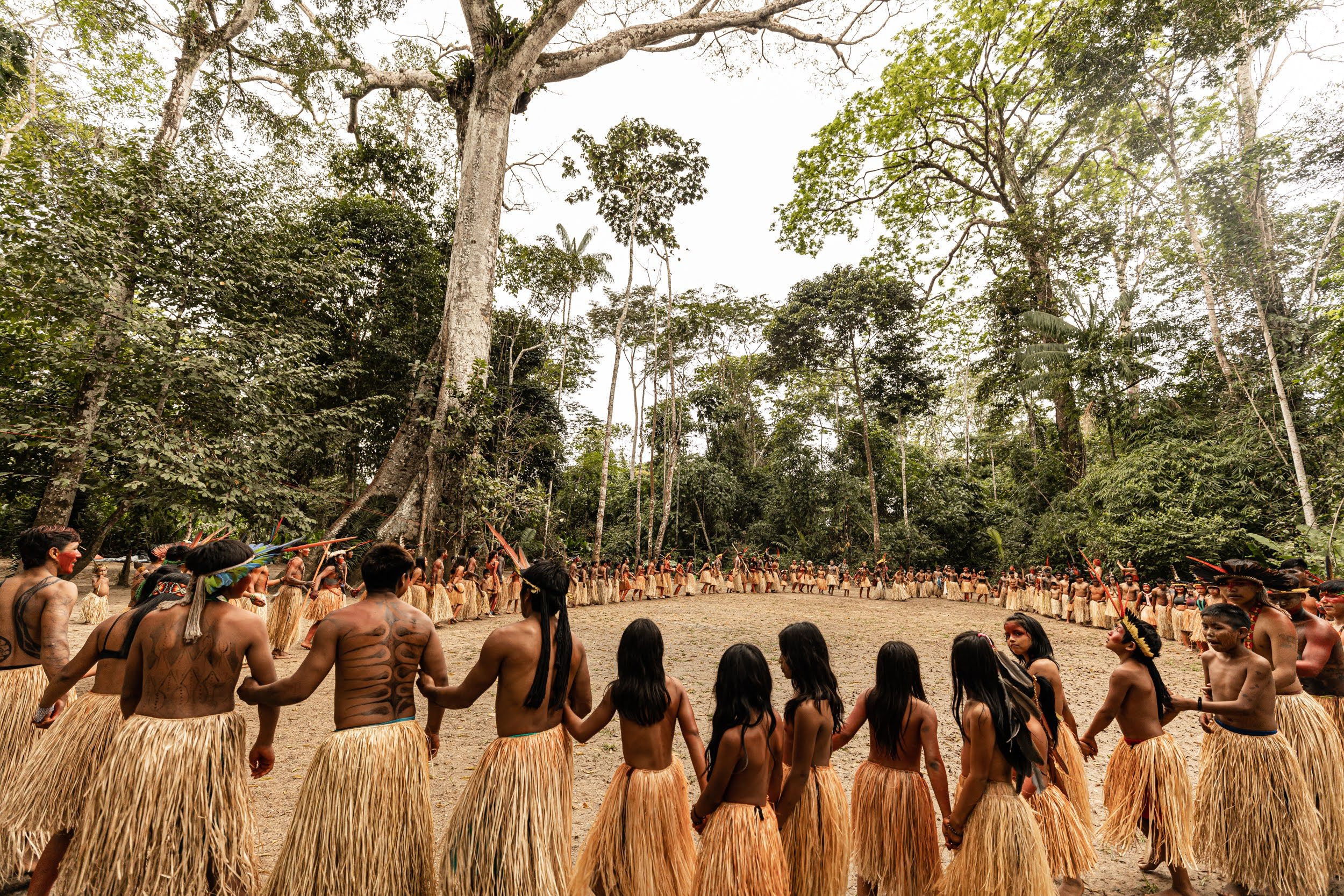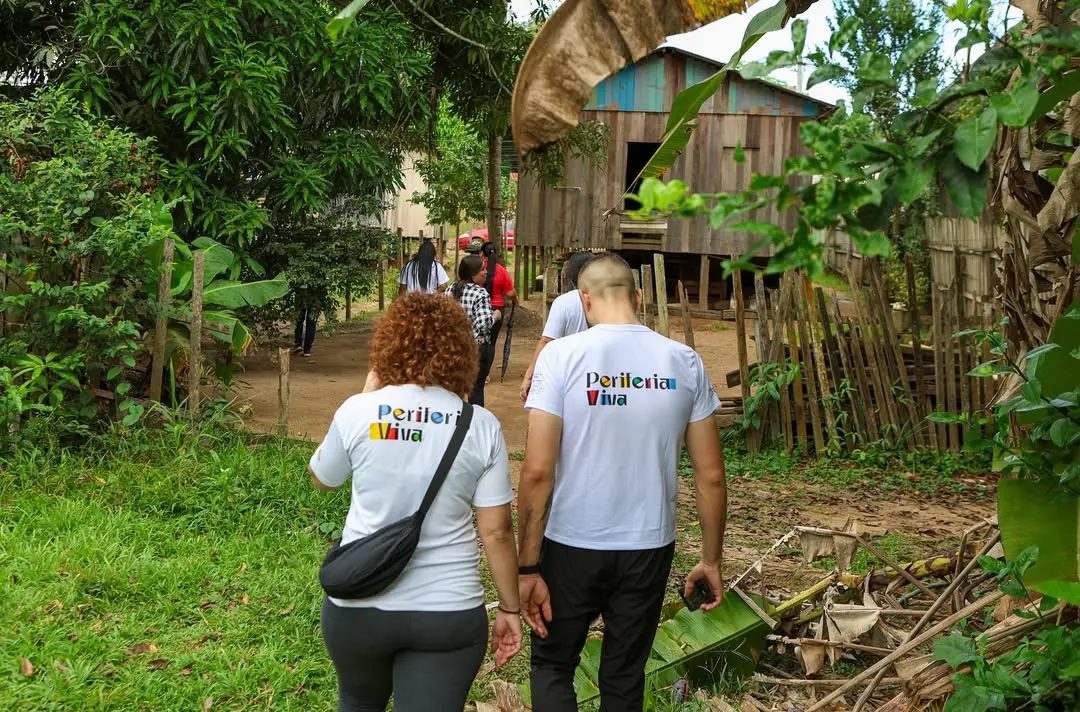Climate action takes place in territories and ensures different forms of justice when it involves ancestral and traditional knowledge, solutions, and popular practices, as well as the specificities of each context. How can we mobilize actions to combat climate change with equitable and fair treatment of impacts, considering the territorial dimension of inequalities—where vulnerable communities, especially in high-risk areas and indigenous territories, are most affected? The debate points to ways for philanthropy and public policies to implement local solutions and popular participation, not only to adapt territories to extreme events but also to reduce socio-environmental inequalities and guarantee the human and territorial rights of the most exposed populations.
Luana Alves (Risk-Free Periphery)
A Black woman, architect, and urban planner raised in Paratibe, a suburb of Paulista, Pernambuco. A specialist in Social Urbanism, Project Management, and Construction, with a certificate in Afro-Latin American Studies from Harvard University, she serves as General Coordinator of Coordination and Planning for the National Secretariat of Peripheral Areas of the Ministry of Cities, where she works to place peripheral areas at the center of national urban policies. A grassroots communicator, her career is built on community networks and is marked by a commitment to social justice, the strengthening of peripheral voices, and the defense of human rights and the right to the city.
Claudia Gibeli Gomes (House Fund)
Manager of Socio-Environmental Programs. A biologist with over 20 years of experience in socio-environmental justice, she holds a specialization in Territorial Planning and Management, Ecology and Environmental Management (USP), and has also studied Politics and International Relations (FESPSP). Her career is marked by work on urbanization projects for precarious settlements, participatory socio-environmental assessments, and community mobilization. She was a consultant for the UNDP at IBAMA and, for a decade, has worked as a Program Manager at Fundo Casa Socioambiental, coordinating initiatives in socio-biodiversity, just energy transition, forest restoration, and the right to the city.
Vitor Mihessen (Casa Fluminense)
Born and raised in Realengo, a suburb of Rio de Janeiro, Vitor is an economist with a degree from the Federal University of Rio de Janeiro (UFRJ) and a master's degree from the Federal University of Rio de Janeiro (UFF). His main areas of work are urban and social mobility, and economic, racial, gender, and climate inequalities in the Rio Metropolitan Region. He seeks to foster debates and actions on public policies based on collective diagnoses and proposals. He is a co-creator of certified social technologies such as the Citizen Data Generation (GCD) and the Local Agendas 2030. Since the founding of Casa Fluminense in 2013, he has coordinated the research and information area, being responsible for the institution's publications, such as the Inequality Maps and the Rio 2030 Agendas. He later became Executive Coordinator, leading the Civil Society Organization's program. Today, as General Coordinator of Casa Fluminense, he oversees the institutional area of the CSO. Vitor is General Coordinator of Casa Fluminense, co-founder and co-director of the Institution.
mediation by Alan Brum
A favela resident, sociologist, and PhD candidate in Urban Planning at IPPUR-UFRJ, Alan is a professor at GPDES – Public Management for Economic and Social Development – IPPUR/UFRJ (2020/2022); coordinator of the Center for Research, Documentation, and Memory of Complexo do Alemão – CEPEDOCA; co-founder and director of the Raízes em Movimento Institute and coordinator of the CPX Popular Action Plan. He is the CEO of ABP Consultoria Social, co-founder and member of the Editorial Board of the Marielle Franco Favela Dictionary – Fiocruz, and was a consultant for the National Secretariat of Peripheries – SNP/MCidades (2023/2024).
Free
Registration:
Registrations must be made here.
Registration will be open until the start of the activity, on site, as long as there are spaces available.




